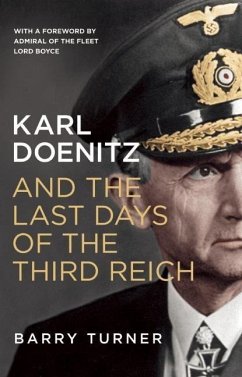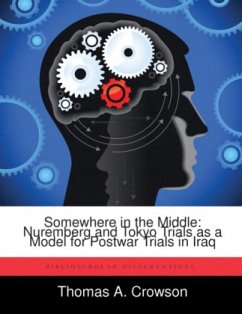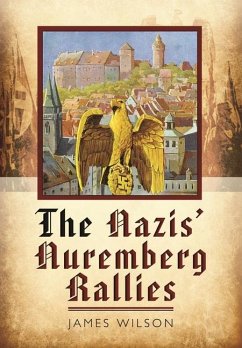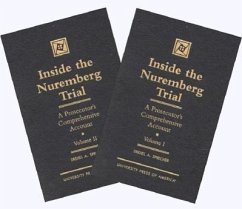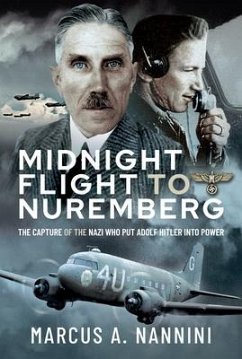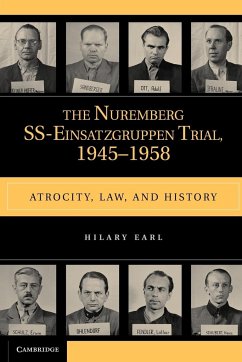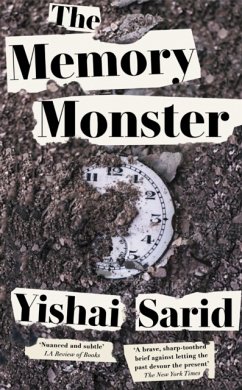Nicht lieferbar
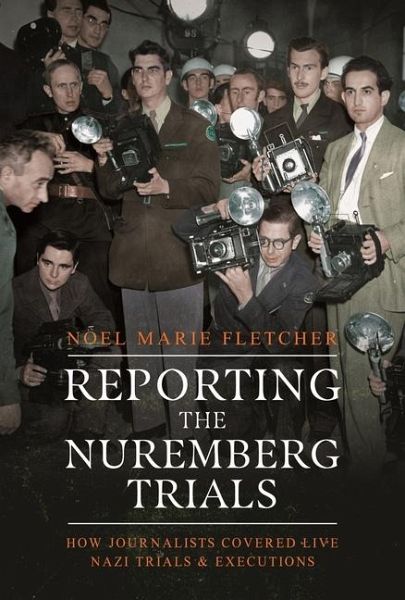
Reporting the Nuremberg Trials
How Journalists Covered Live Nazi Trials and Executions
1st Place, 2025 National Federation of Press Women's National Book Awards "Reporting the Nuremburg Trials is steeped in reverence for an era in journalism faintly lit by modern history despite its many parallels to today. Fletcher again and again reveals lessons for today's real-time news cycles, including the perils of misinformation, professional subterfuge and abbreviated ethics." -- Jesse Garnier, Journalism Chair and Associate Professor, San Francisco State University For the first time, journalists who shared details about Nazi crimes from the International Military Tribunal, better know...
1st Place, 2025 National Federation of Press Women's National Book Awards "Reporting the Nuremburg Trials is steeped in reverence for an era in journalism faintly lit by modern history despite its many parallels to today. Fletcher again and again reveals lessons for today's real-time news cycles, including the perils of misinformation, professional subterfuge and abbreviated ethics." -- Jesse Garnier, Journalism Chair and Associate Professor, San Francisco State University For the first time, journalists who shared details about Nazi crimes from the International Military Tribunal, better known as the Nuremberg Trial, have their own story told. As World War II in Europe drew to a close in 1945, the Allies prepared to hold Nazi leaders accountable for crimes against humanity and selected Nuremberg as the site for the trial. The U.S. military took the lead in refurbishing a courtroom and making accommodations for 325 journalists and 23 defendants plus Allied judges, prosecutors, translators and administrative staff. Because publicity was a main consideration, the latest innovations and technology were incorporated into the courtroom to enhance news coverage of the trial. Press passes were in demand worldwide for courtroom seats. A press pool was selected to witness the executions in which 10 criminals were hung on Oct. 16, 1946. Famous war correspondents and young journalists who later became household names were headquartered in a castle, explored bombed ruins and faced dangers as a lingering spirit of Nazism seethed within the city. The lengthy trial became an excruciating endurance test for journalists by the time it ended (far longer than expected) on Oct. 1, 1946, setting a precedent for coverage of subsequent justice at Nuremberg. The author, a long-time journalist and former foreign correspondent, provides an insider's look at how the news was gathered and conveyed. The book is based on extensive research and insights gathered from Nuremberg, including at the location where the journalists were housed and at the courtroom itself.





